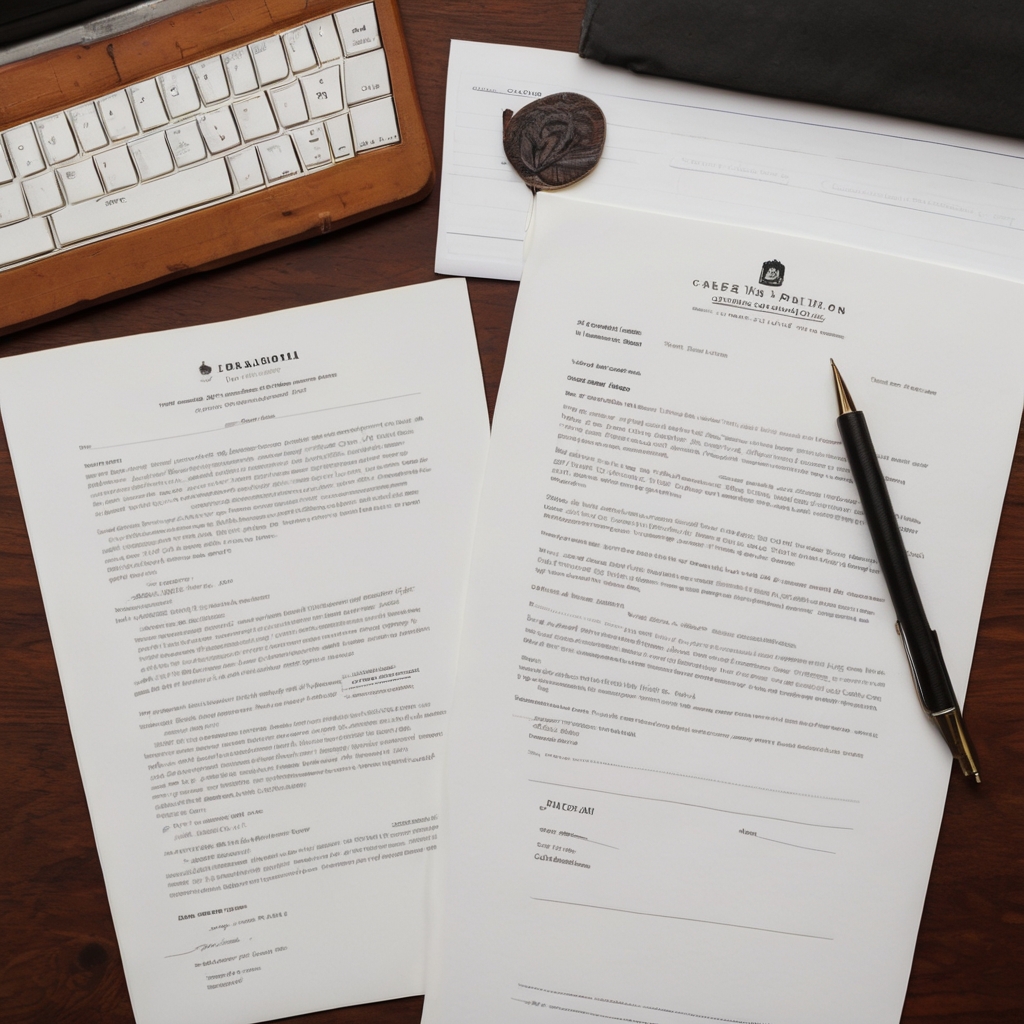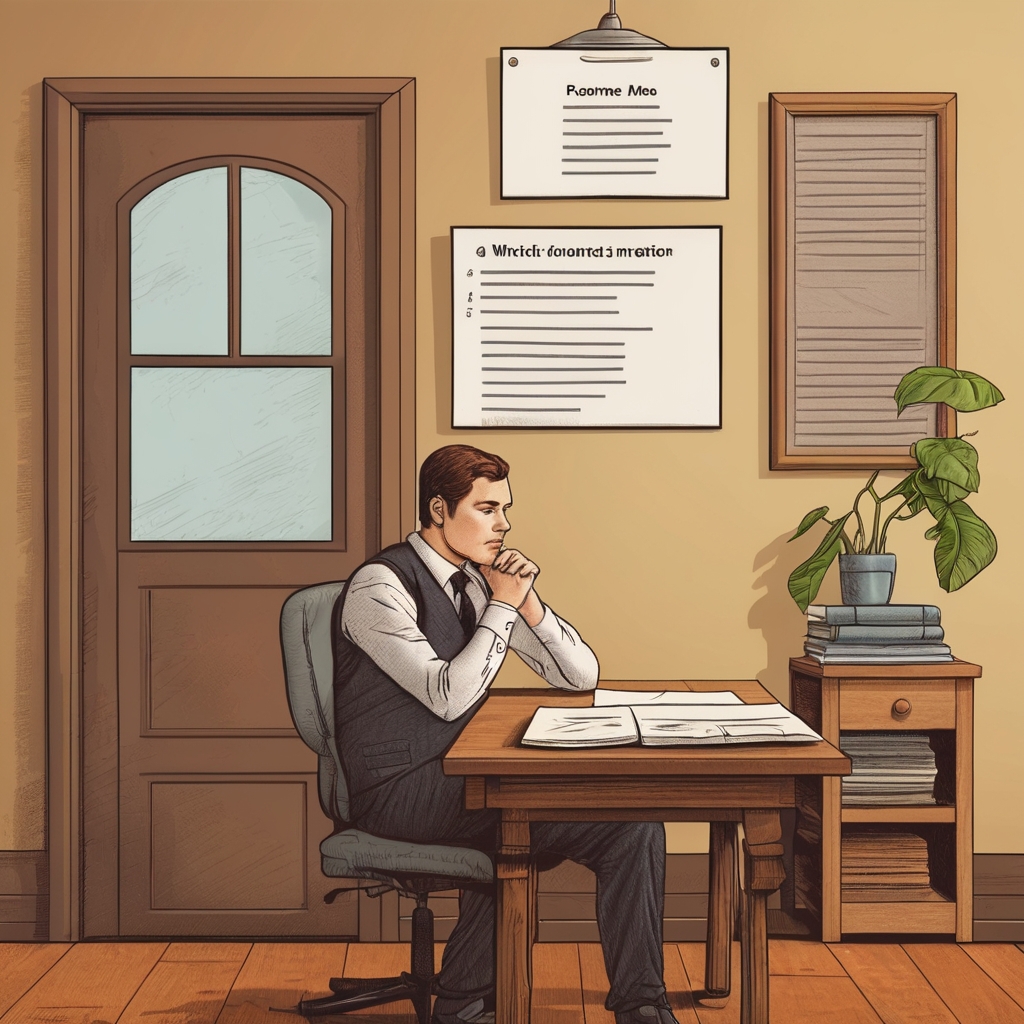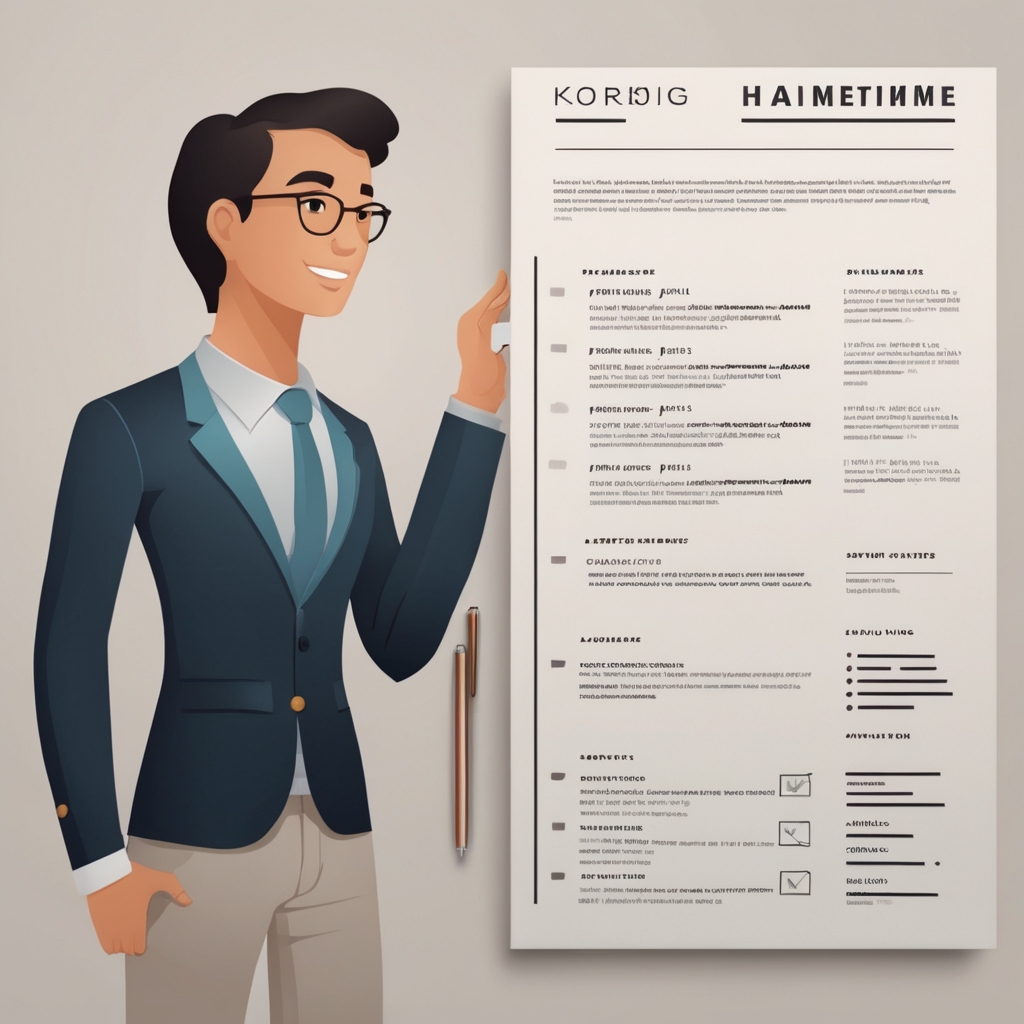For many job seekers, the application requirement is pretty basic; resume, portfolio and cover letter. But in an era of one-click applications, AI-driven hiring processes, and overwhelmed recruiters, a new question emerges: Are cover letters a waste of time?
Some say they’re essential. Others claim they never get read. The truth is that it depends on the industry, the job, and how you approach your application. Let’s break it down and explore what actually gets results in today’s competitive job market.
Do Recruiters Even Read Cover Letters? The Data Speaks
If you’ve ever spent hours perfecting a cover letter only to hear crickets, you’re not alone. Studies show that many recruiters don’t prioritize cover letters the way job seekers think they do:
- A survey by Jobvite found that only 26% of recruiters consider cover letters important in the hiring process.
- Glassdoor suggests that in high-volume hiring environments, recruiters spend an average of 6-7 seconds scanning a resume—meaning your cover letter might not even get a glance.
So, does that mean you should ditch them completely? Not necessarily. Instead, let’s look at when they matter—and when they don’t.
When Cover Letters Are Still Useful
Despite the statistics, cover letters can still play a role in getting hired—especially in certain situations:
1. When the Job Posting Specifically Asks for One
Some employers still see cover letters as a test of effort and attention to detail. If a job posting explicitly requests a cover letter, skipping it could mean an automatic rejection.
2. When You’re Making a Career Change
If you’re switching industries or roles, a cover letter can help connect the dots and explain how your skills transfer. Without it, a recruiter may overlook your application simply because your resume doesn’t tell the full story.
3. When Applying to Small Companies or Niche Roles
Smaller businesses and specialized industries often take a more personalized approach to hiring. A thoughtful cover letter can help showcase your enthusiasm and cultural fit, making you stand out.
4. When You Have a Referral
If you were recommended for the job by someone within the company, mentioning that in a cover letter adds credibility and context to your application.
When Cover Letters Might Be a Waste of Time
On the flip side, there are plenty of cases where writing a cover letter won’t move the needle:
1. When Applying to Large Companies Using ATS
Many big companies rely on Applicant Tracking Systems (ATS) to filter resumes before a human even sees them. These systems scan for keywords in your resume, not your cover letter.
2. When You’re Mass Applying
If you’re applying to dozens of jobs a week, customizing a cover letter for each one can be exhausting and inefficient. A strong resume paired with networking and direct outreach may yield better results.
3. When Hiring is Urgent
Some job postings get hundreds of applicants, and recruiters simply don’t have time to read through extra documents. In fast-moving hiring processes, your resume and LinkedIn profile are often more important than a cover letter.
What to Do Instead: High-Impact Alternatives
If you decide to skip the cover letter (or just want to improve your chances), here are some strategies that can be even more effective:
1. Optimize Your Resume for ATS and Human Readers
Since most recruiters focus on resumes first, make sure yours is polished, targeted, and keyword-optimized. Tools like LightResume by LightForth can help craft an ATS-friendly resume that gets past automated filters and into the hands of hiring managers.
2. Leverage Networking and Referrals
Referrals increase your chances of landing an interview by 85%, according to LinkedIn. Instead of spending hours on cover letters, invest time in reaching out to industry connections, attending networking events, and engaging on LinkedIn.
3. Use a Strong LinkedIn Profile
Many recruiters check LinkedIn before even looking at your resume. Ensure your profile is up-to-date, features strong recommendations, and includes an engaging summary showcasing your expertise and personality.
4. Write a Brief but Impactful Email Instead
If you really want to stand out, skip the traditional cover letter and send a short, compelling email directly to the recruiter or hiring manager. Keep it concise with about 2-3 short paragraphs explaining why you’re interested and what value you bring.
5. Focus on Customization and Quality Over Quantity
Instead of mass-applying with generic applications, tailor your resume and outreach to a few high-priority roles. Personalization can make a bigger impact than a long cover letter.
Final Verdict: Should You Write a Cover Letter?
So, are cover letters a waste of time? It depends. If the job explicitly requires one or if you’re applying to a niche or competitive role, it’s worth crafting a thoughtful letter. But in many cases, focusing on a strong resume, networking, and direct outreach will get you better results.
At LightForth, we help job seekers optimize their applications, prepare for interviews, and streamline their job search. Whether you need a standout resume or automated job applications, we’ve got the tools to help you land your next opportunity—no unnecessary cover letters required.





